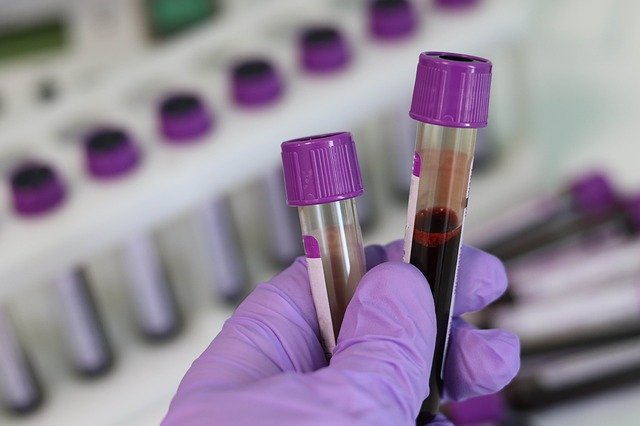A new study has found a large trace of coronavirus in the wastewater in Massachusetts. The study says that the trace is higher than the expected level which indicates that the number of patients might be higher than the diagnosed numbers.
According to a report, Biobot Analytics a biotech startup collected wastewater samples from an unnamed facility in late March. The research suggested that the virus might not spread through the wastewater, which is yet to be confirmed, but the traces of the virus in the sewage samples shows that the coronavirus is widespread.
The research indicated that the particles in the samples that it was on par with around 2,300 cases of the coronavirus patients. The particles were examined by the researchers, along with a team from Massachusetts Institute of Technology, Harvard, and Brigham and Women's Hospital. The study pointed out that during the time of the research there were only 446 cases in the region. The research indicates that there are hundreds of undetected cases in the United States and the findings have been shared with health officials to understand whether this was the case.

Stringent rules in Massachusetts
Massachusetts has been applying stricter rules to stop the spread of the coronavirus. By Thursday, there were 18,941 confirmed cases of coronavirus, an increase of 2,151 on Wednesday was reported. There have been 450,000 cases as of Thursday in the US which is recorded as the most cases in the world and over 16,000 deaths so far in the country.
A period of tests was conducted on the wastewater from a treatment facility in the state between March 18 to 25. The research team has been receiving more wastewater samples that indicate that the estimation could be different than the indicated number.
Previous studies have also found that the faecal matter can also spread the coronavirus. But, the researchers say that the particles from the sewage treatment facility would not infect the people. The researchers have been working on a 24-hour period long matters to understand the actual estimates of the patients in the state.
Faecal matter transmissions
Several studies have shown the similarity between COVID-19 and SARS. One such study during the initial stages of the coronavirus focused on how transmissions could happen through faecal matter.
It is unclear whether the treatment facility can tackle the issue of the virus in the sewage water or if the water will be disposed of from the facility. It is also unclear whether the treated water is unusable or not. The new study is also tracking the community spread of the novel coronavirus.








